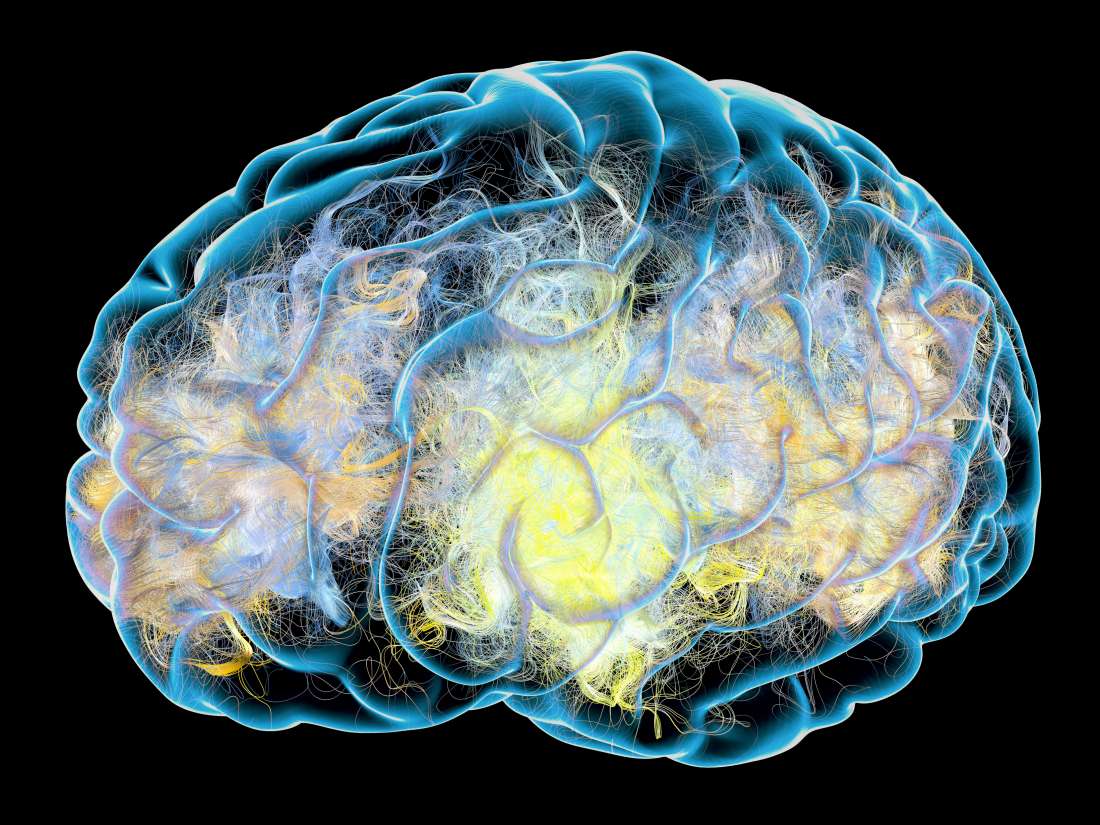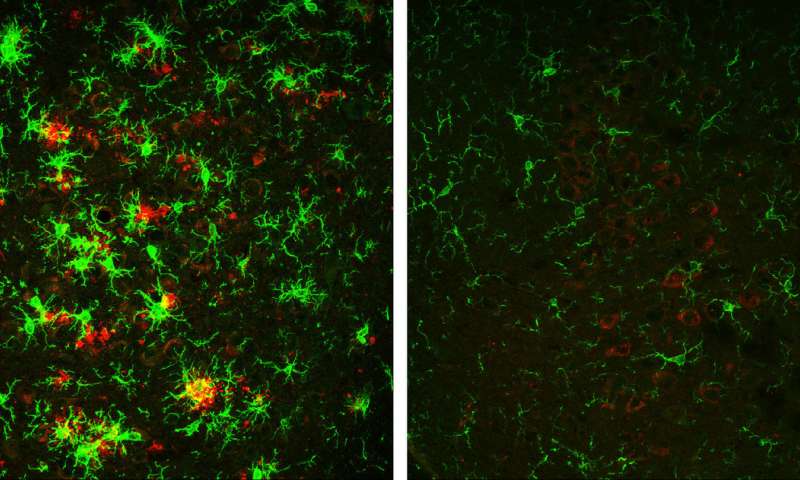Maria Shriver helped cared for her father, who suffered from Alzheimer’s, and has become a champion of Alzheimer’s Caregivers. Her journalism career began with KYW-TV in Philadelphia, Pennsylvania, but she soon moved up to the National News and later gained a different sort of fame when she married Arnold Schwarzenegger. The former First Lady of California has been a lifelong advocate for people with intellectual disabilities and recently co-authored an Alzheimer’s study with the Alzheimer’s Association.
Princess Yasmin Aga Khan cared for her mother, Rita Hayworth, who was suffering from dementia. Yasmin is internationally recognized for her advocacy work promoting awareness of Alzheimer’s Disease.
Steve Slater cared for his father, who suffered from Lou Gehrig’s disease, until his death. In 2010, while caring for his mother who suffers from Lung Cancer, Steve achieved national notoriety for quitting his job as a JetBlue Flight Attendant in spectacular fashion.
Susan Boyle was the primary caregiver for her elderly mother until she passed away at the age of 91. In 2009, two years after her mother passed away, Susan appeared on Britain’s Got Talent and gave a performance of “I Dreamed a Dream” that made her an International Sensation overnight.
Rosalynn Carter helped care for her father when he was diagnosed with terminal leukemia and has since cared for several family members, including her late mother who died in 2000 at the age of 94. The former First Lady of the United States has even authored a book on Caregiving entitled, Helping Yourself Help Others – A Book for Caregivers.
Can you think of Famous Caregivers that we’ve missed? Let us know in the comments and we’ll add them to the list.
Credits: Associated Press (AP)/Matt Rourke


